Business
OPEC+ raises September output target by 100,000 bpd
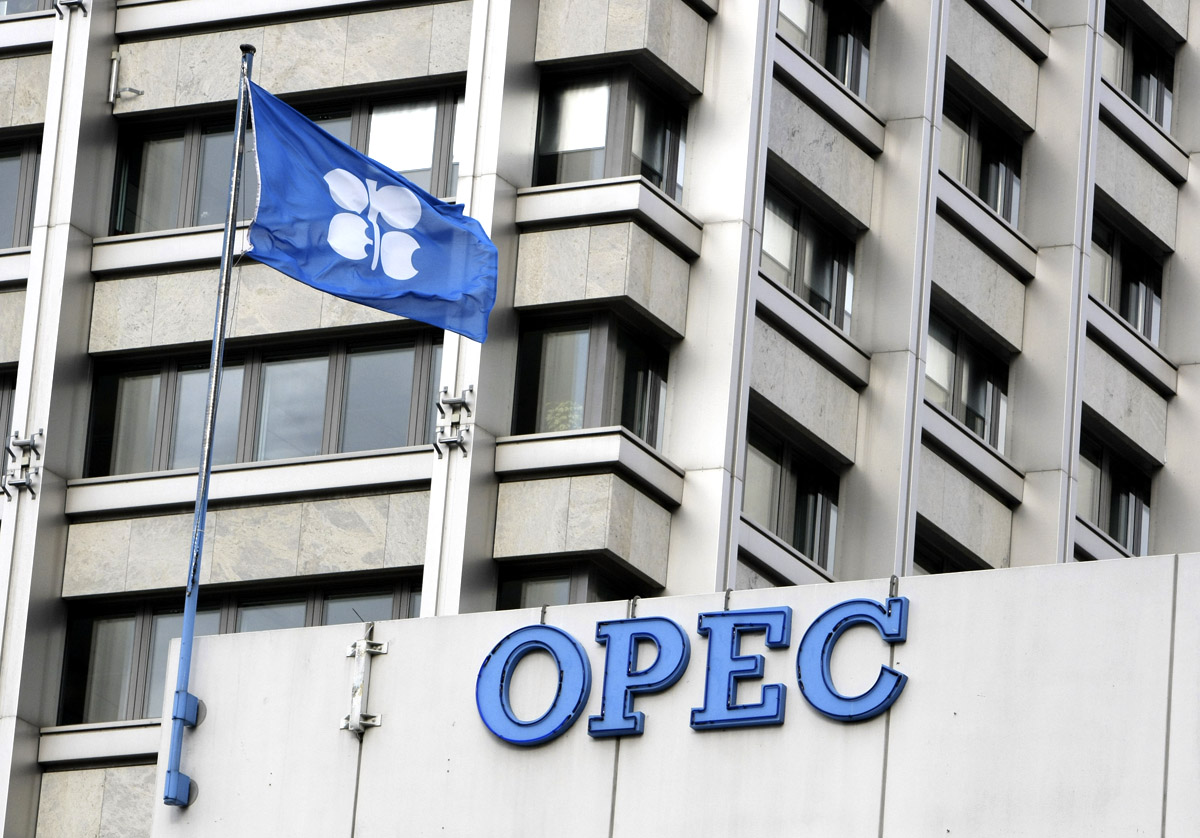
The Organisation of Petroleum Exporting Countries (OPEC) and its allies, known as OPEC+, have agreed to raise global oil output, pushing Brent crude above $100 a barrel.
The group disclosed this at the end of the 31st OPEC and non-OPEC ministerial meeting held on Wednesday.
The oil cartel added a minuscule 100,000 bpd to the market in September, citing low investment in the global oil sector, and unavailability of excess capacity, among others.
The decision is coming despite President Joe Biden’s trip to Saudi Arabia last month to persuade OPEC’s leader to pump more to help rein in prices boosted by rebounding demand and Moscow’s invasion of Ukraine.
OPEC+ said it considered the dynamic and rapidly evolving oil market fundamentals, necessitating continuous assessment of market conditions.
It noted that the “severely limited availability of excess capacity necessitates utilising it with great caution in response to severe supply disruptions”.
It also said “chronic underinvestment in the oil sector has reduced excess capacities along the value chain (upstream/midstream/downstream)”.
“The Meeting highlighted with particular concern that insufficient investment into the upstream sector will impact the availability of adequate supply in a timely manner to meet growing demand beyond 2023 from non-participating non-OPEC oil-producing countries, some OPEC Member Countries and participating non-OPEC oil-producing countries,” it said.
The oil cartel said preliminary data for “OECD commercial oil stocks level stand at 2,712 mb in June 2022, which was 163 mb lower than the same time last year, and 236 mb below the 2015-2019 average, and that emergency oil stocks have reached their lowest levels in more than 30 years”.
The meeting also noted that “Declaration of Cooperation conformity averaged 130% since May 2020, supported by voluntary contributions of some participating countries”.
It decided to “reaffirm the decision of the 10th OPEC and non-OPEC ministerial meeting on April 12th, 2020, and further endorsed in subsequent meetings, including the 19th OPEC and non-OPEC ministerial meeting on the 18 July 2021”.
“Adjust upward the production level for OPEC and non-OPEC Participating Countries by 0.1 mb/d for September 2022 as per the attached table. This adjustment does not affect the baselines decided on the above-mentioned meeting on July 18, 2021,” the group said.
The oil cartel scheduled its next meeting for September 5.
Business
TikTok won’t be sold, says Chinese owner as US ban looms
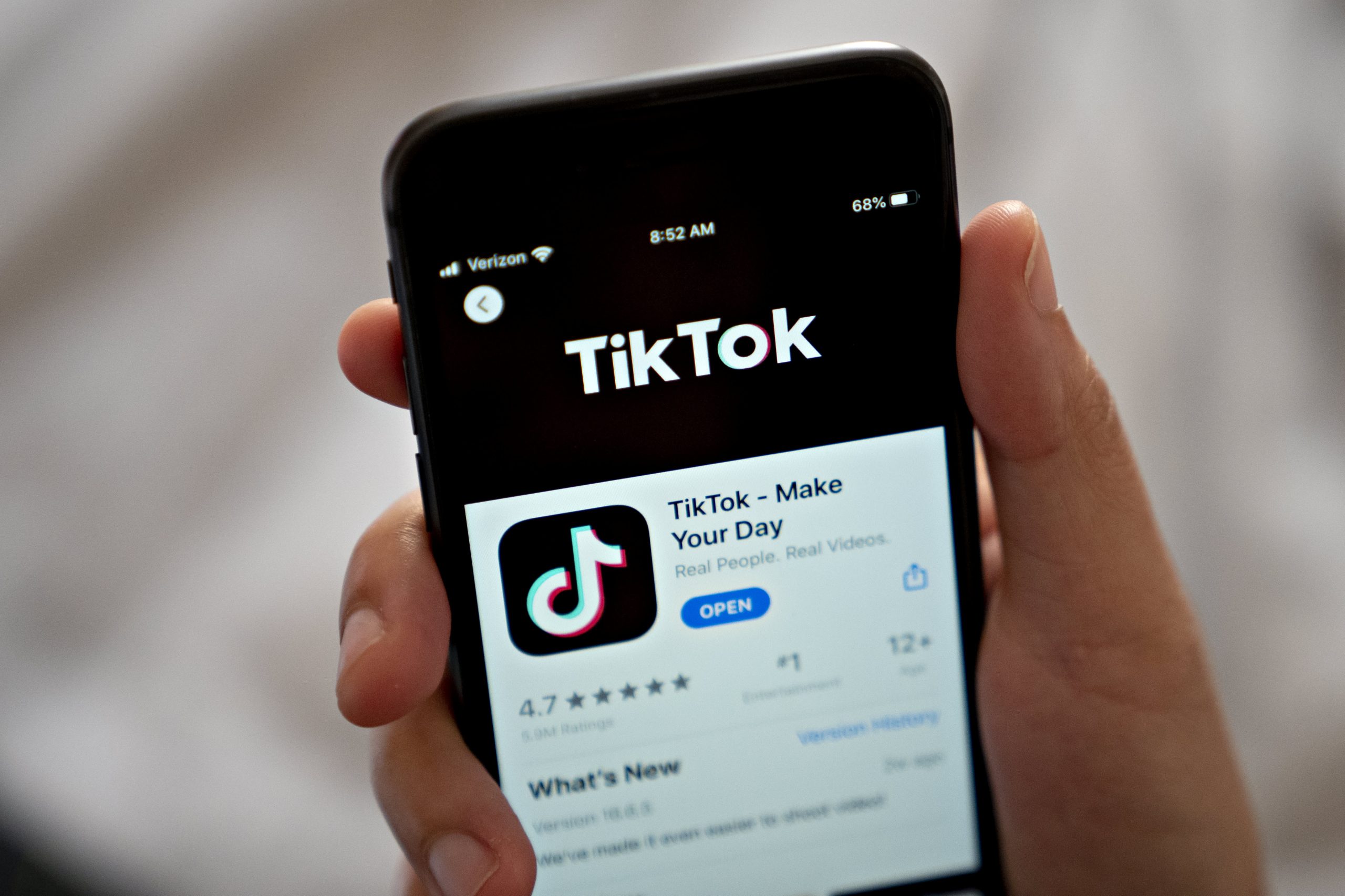
ByteDance, the Chinese parent company of TikTok, says it has no intention of selling the social media platform.
“Foreign media reports that ByteDance is exploring the sale of TikTok are untrue,” the company wrote in a statement on Toutiao, a news aggregation app that it owns.
“ByteDance doesn’t have any plan to sell TikTok.”
The statement was in response to an article by The Information on Thursday saying “ByteDance is exploring scenarios for selling TikTok’s US business without the algorithm that recommends videos to TikTok users”.
The development followed after the US passed a law to force ByteDance to sell the hugely popular video app or be banned in America.
The sell-or-ban measure was signed into law by US President Joe Biden on Wednesday.
The bill, passed by the senate on Tuesday, follows concerns among US lawmakers that China could access Americans’ data or use the app for surveillance.
In March, the house of representatives passed a bill to ban TikTok unless the app parts ways with ByteDance.
The lawmakers voted — 352 in favour of the proposed law and 65 against it — in a rare moment of bipartisan unity.
In 2022, the US house of representatives ordered its staff to delete TikTok from any house-issued mobile devices.
TikTok recently said it would challenge in court the “unconstitutional” law.
Business
Dangote refinery ranked above 10 biggest European refineries
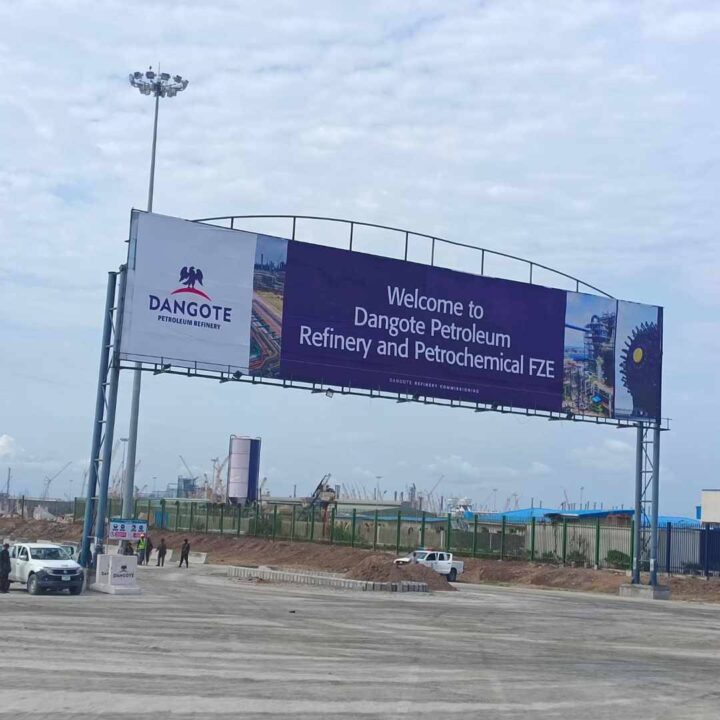
A financial data and media company, Bloomberg, has ranked the Dangote Refinery above the top 10 biggest refineries in Europe.
According to data compiled by the business news platform, the refinery has more capacity than many European ones.
The $20bn-worth refinery located in Lekki-Epe Expressway, Lagos State, can refine 650,000 barrels of petroleum products per day.
The report sighted by newsmen on Thursday stated that this is over 246,00bpd capacity, more than Shell’s Pernis Refinery, which is located in the Netherlands.
It added that the Pernis Refinery, which has an installed capacity of 404,000bpd, is the biggest in Europe. The BP Rotterdam Refinery in the Netherlands has a capacity of 380,000.
Bloomberg also reported that the GOI Energy ISAB Refinery in Italy was built with a refining capacity of 360,000bpd.
Also, the TotalEnergies Antwerp refining facility in Belgium can refine 338,000bpd.
Others listed in the report were the Orlen Plock Refinery in Poland with 327,000bpd; Shell’s Rheinland in Germany with 327,000bpd; Miro Refinery in Germany with 310,000 capacity; and the ExxonMobil Anterwep Refinery in Belgium with 307,000 capacity.
It added that the Saras Sarroch Refinery in Italy had 300,000 capacity; the ExxonMobil Fawley in England had 270,000bpd capacity.
The Bloomberg report described the Dangote Refinery as a ‘game changer’ and said it was taking advantage of cheaper US oil imports for as much as a third of its feedstock as it started up.
According to analysts, the refinery has been shipping products in recent weeks while readying two units to enable petrol output, which will deliver a long-promised transformation of the fuel market in Nigeria and the region.
“Dangote is going to influence Atlantic Basin gasoline markets this summer and for the rest of the year,” an oil expert, Alan Gelder, told Bloomberg.
According to the average estimate of analysts at WoodMac, FGE, and Citac, the refinery is running at about 300,000 barrels a day, nearly half its nameplate capacity.
The complex has started shipping jet fuel, diesel, and naphtha as it widens to a full slate of products.
Reuters recently reported that the Dangote oil refinery could end a decades-long petrol trade from Europe to Africa, worth $17 billion a year.
Reuters, quoting analysts and traders, said the Dangote refinery was heaping pressure on European refineries already at risk of closure from heightened competition, adding that the refinery would be the largest in Africa and Europe when it reaches full capacity.
About a third of Europe’s 1.33mbpd average petrol exports in 2023 went to West Africa, a bigger chunk than any other region, with most of those exports ending up in Nigeria, Reuters said, quoting Kpler data.
Dangote Refinery has begun selling diesel into the Nigerian market, crashing the pump price from N1,600 to N940 in less than a month.
Business
FG grants Air Peace approval to commence Abuja-London flights
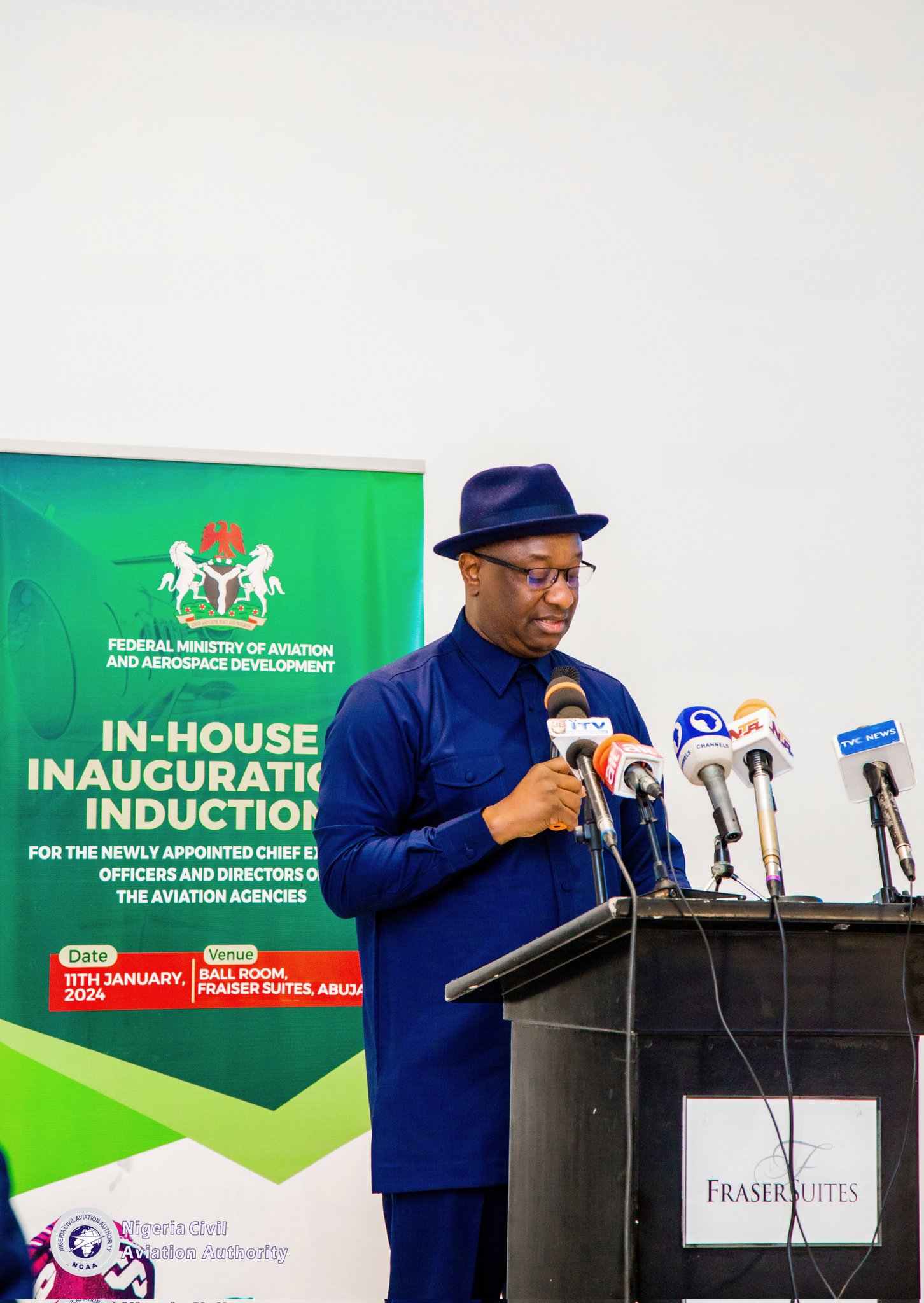
The federal government (FG) says it has approved the commencement of flight services from Abuja to London by Air Peace.
Festus Keyamo, minister of aviation and aerospace development, spoke on Channels television on Thursday.
Keyamo said he gave the approval for Air Peace to add Abuja to its London route on April 24.
“Just yesterday (Wednesday), I approved Air Peace for the Abuja-London route, not only Lagos-London route,” the minister said.
“British Airways also come to Abuja.
“So, let Air Peace block that path and start a war. It’s all for the good of Nigerians.”
Speaking on the British government’s refusal to grant operation access to Heathrow Airport, Keyamo said the federal government agreed to operate the Gatwick Airport.
He said Air Peace or any interested local airline should be operating to Heathrow Airport and not Gatwick.
The minister said the Gatwick Airport is only a low-hanging fruit and a starting point.
Keyamo said he has been reviewing the bilateral air service agreement (BASA) between the United Kingdom (UK) and Nigeria and some decisions would be made after the exercise.
On March 30, 2024, Air Peace began direct flight operations from Lagos to Gatwick Airport in London.
-

 Entertainment1 week ago
Entertainment1 week agoJUST IN: Cubana Chief Priest pleads not guilty to naira abuse charge
-
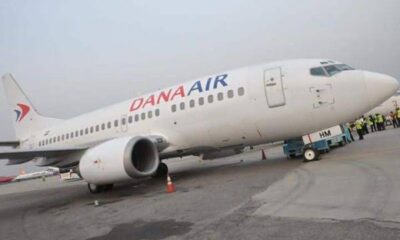
 News3 days ago
News3 days agoFAAN reopens Lagos airport runway after Dana Air incident
-

 Entertainment1 week ago
Entertainment1 week agoCubana Chief Priest arrives court for naira abuse trial
-

 Celebrities1 week ago
Celebrities1 week ago‘Not see you for 6 months, impossible’ — Davido reacts to Cubana Chief Priest’s bail
-
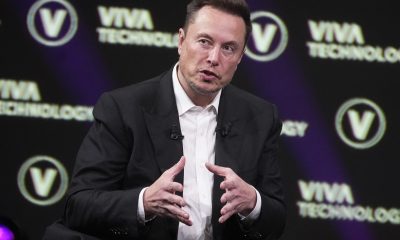
 Business1 week ago
Business1 week agoElon Musk threatens to suspend X accounts doing engagement farming
-

 World1 week ago
World1 week agoDubai international airport cancels flights as flood ravages runway, UAE
-

 Celebrities1 week ago
Celebrities1 week agoNickie Dabarbie calls out Skiibii for attempting to use her for money rituals (Video)
-
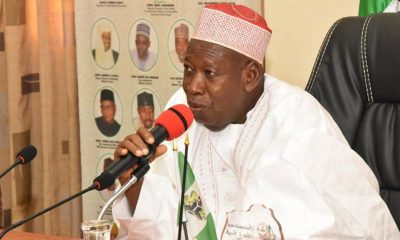
 Politics1 week ago
Politics1 week agoKano court upholds Ganduje’s suspension from APC


















